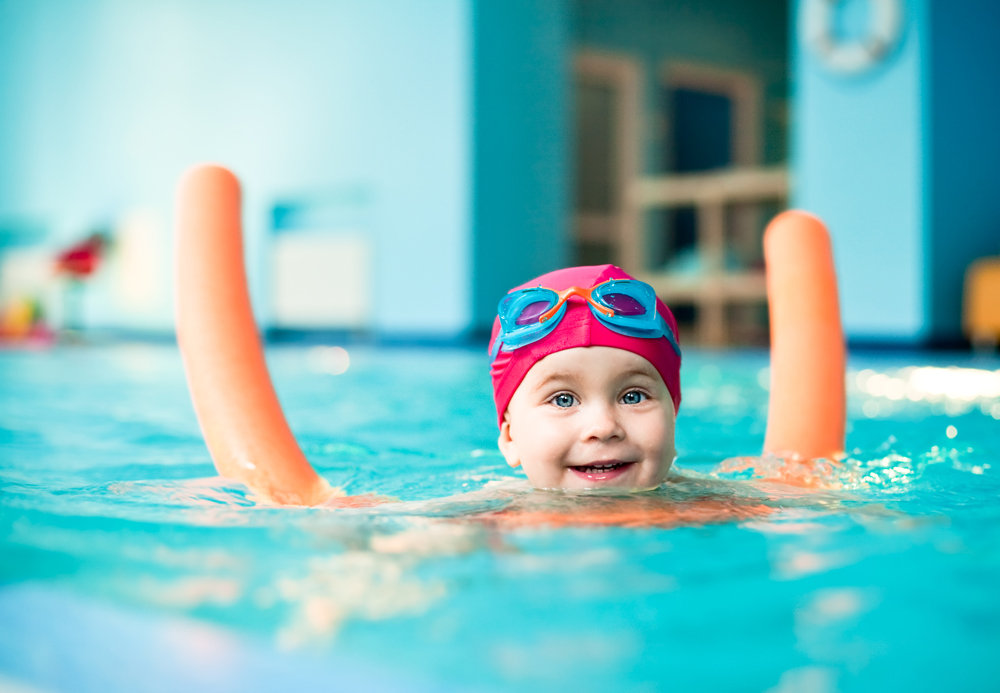
Keeping children hydrated is one of a caregiver's most important—and sometimes challenging—responsibilities. Here's our guide to understanding when and how to hydrate, how hydration works, and when to seek medical help.
How to hydrate
How much water should my child be drinking every day?
Approximately 5 cups depending on your child's exact weight, and more if they are sweating or sick. A 12 ounce water bottle contains 1.5 cups of water. (Don't forget to use stainless steel to minimize microplastics!)
What foods and drinks do you recommend?
We love coconut water and orange juice (fresh, organic), which both contain electrolytes like potassium. Many fresh fruits and vegetables also have high water content and help with hydration.
Any other tips?
If you're concerned about hydration, it can backfire (surprise!) to force fluids. Like many other aspects of parenting, kids do what you do and not what you say, so make sure you are modeling the behavior, i.e. guzzling! Family water breaks also help build the healthy habit—cheers!
Electrolytes 101
Understanding how the hydration works will better equip you to efficiently and effectively keep your child hydrated.
What are electrolytes?
They are essential minerals like sodium, calcium and potassium that are help with bodily functions, including carrying water to cells. In other words: if you replenish water without electrolytes, you won't actually hydrate.
Replenishing both electrolytes and water are especially important in certain circumstances, like when your child is sick or sweaty. A good rule of thumb is to double down on electrolytes any time your child is running around in heat of 90° F or higher.
When to seek medical help
How do I know if my child is hydrated?
They should be urinating 6 - 8 times per day. Urine should be clear.
What are the signs of dehydration?
Irritability, tiredness, fever, dry mouth, dark urine, nausea, headaches.
When should I call a doctor?
Go to the ER if you see signs of dehydration.
Call 911 If your child is showing signs of dehydration and has a fever higher than 104°F or looses consciousness.
Sources: CDC; NIH, NHS




